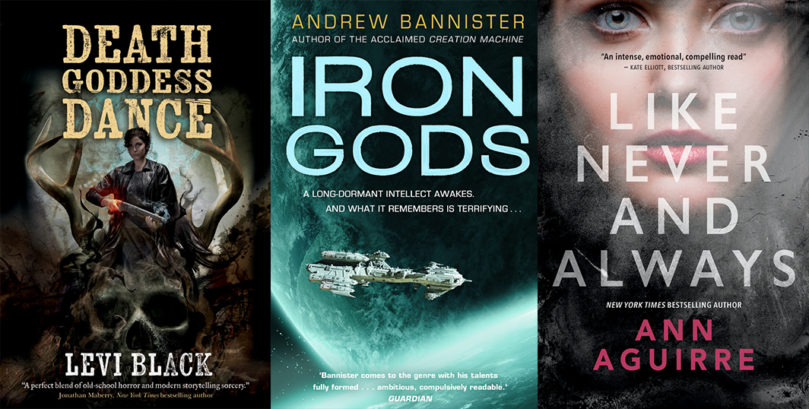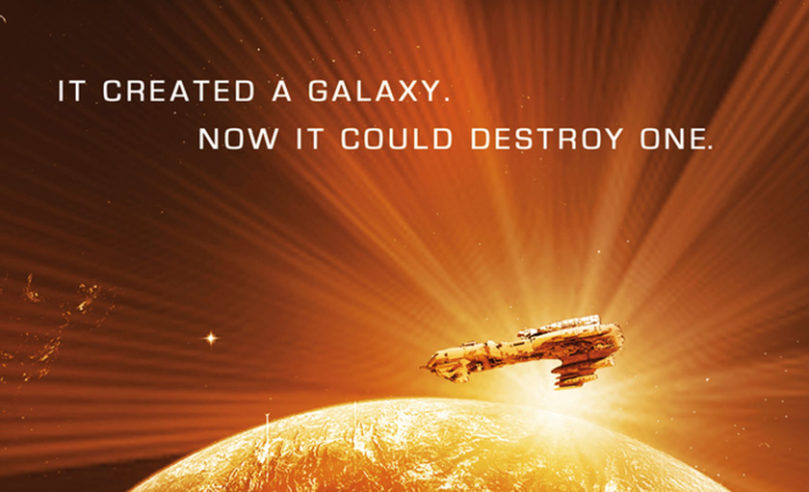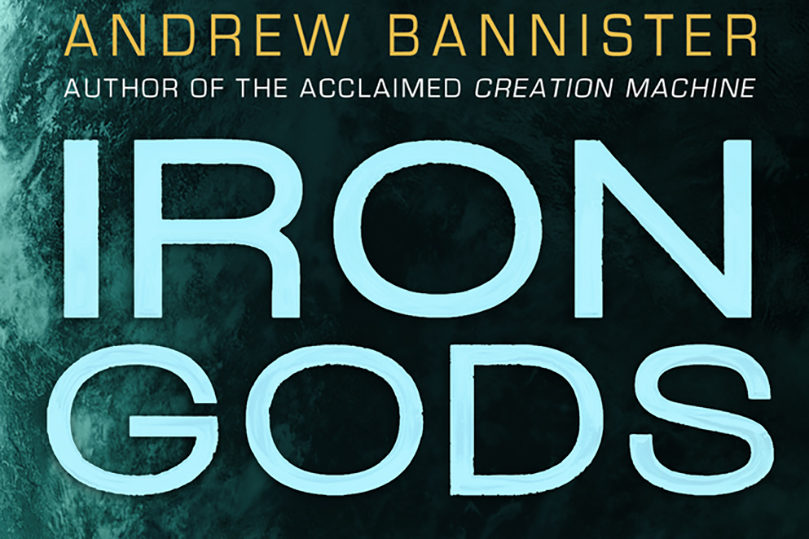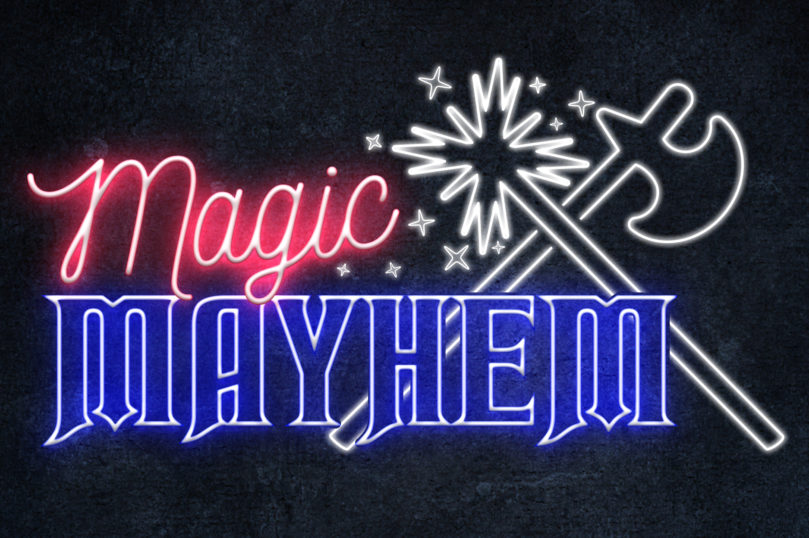
New Releases: 7/30
New books by Levi Black, Kim Liggett, and more are on sale now!

New books by Levi Black, Kim Liggett, and more are on sale now!

We asked author Andrew Bannister to introduce us to the world of the spin, the setting of his interconnected series that begins with Creation Machine, and continues with this summer’s Iron Gods.

Read an excerpt of Iron Gods by Iron Gods!

Welcome to a year of Magic X Mayhem. 2019 is a year for breaking all the rules. Gone are the days of simple good-versus-evil narratives; these are complicated times that call for complicated characters.